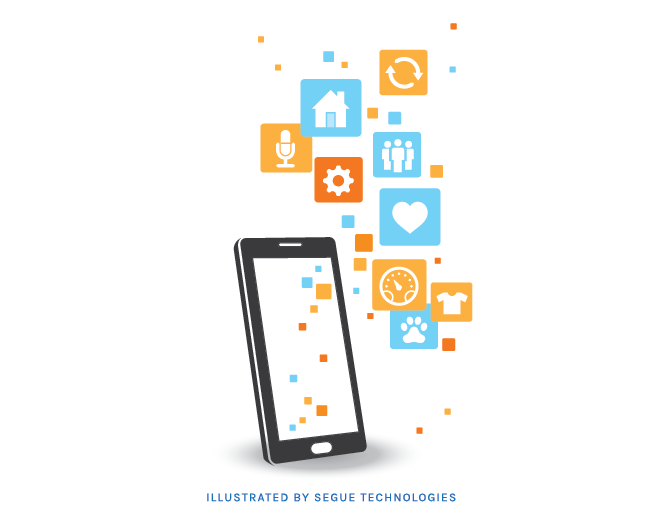So you would like to build a mobile app; where do you start? In all likelihood, your app development project falls into one of three categories. It is either a consumer app that has the potential for widespread adoption; a modernization effort of a new or existing business process; or the migration of a web application to a mobile-optimized version. For the sake of this article, I will assume that you already understand factors that affect cost and have an established budget. So now what?

You need a sound plan to turn your app idea into a reality. All too often, organizations rush their mobile app to market without considering several key factors. Lack of planning is the easiest way to mismanage an app development project and will ultimately create re-work, diminish profitability, and decrease utility.It is therefore critical for your organization to have a mobile application development plan in place that addresses the following questions:
1. Why are you building the app? This might seem like the easiest question to answer However, I can’t tell you how often we have customers tell us that they need to build a mobile app, but can’t articulate its specific purpose or how it is different from what they offer on their website or what is already available through their existing business system(s). It’s important to have a clear vision for the app, as well as the business goals it will help to achieve.
2. What is the target functionality of your app? Does the functionality proposed provide value to your organization or customers? Will people want to use it? If the functionality proposed doesn’t increase efficiencies, make routine tasks easier to accomplish, or provide some other value, it is unlikely to be used. Focus on the functionality that will deliver the biggest impact instead of adding needless features that are unlikely to be used.
3. Should you create a Native App or a Mobile Web App? If your app needs access to device-specific hardware, such as cameras, barcode scanners, etc., you might be better served to create native apps for your desired platforms. If you are looking to simply provide an optimized mobile experience for your existing website or light-weight functionality, a mobile web app might be the answer. If you decide to go Native, do you plan to build for iOS and Android or do you also want to port to Windows Mobile? If your target audience is medical staff that exclusively uses hospital-issued iPads, it doesn’t make any sense to develop your app for Android. If your app is projected to have widespread adoption and you have the appropriate budget, building separate instances for each operating system might be necessary. Having a clear understanding of your target audience, to include usage patterns, user scenarios, and device use, will ultimately guide your platform decision choice. For a more in-depth discussion of the pros and cons of both options, read our blog post on the differences between Native and Mobile Web Apps here.
4. Does your App Developer have a good understanding of Design and Usability? If a mobile app is not aesthetically pleasing, intuitive, and easy to use, the ultimate success of the app will suffer. It is critical that your app developer has an understanding of design options and constraints of the targeted platform to create the best experience possible. It is also very important that usability is taken into consideration early on in the project. If you build your app correctly, the user should be able to perform the intended functionality without assistance. Ensuring that the application was developed to optimize screen real estate, use appropriately sized buttons and fonts, and use intuitive navigation between tasks will help create a user experience that users will enjoy.
5. Do you need a Privacy Policy? If you plan to have your app collect any sensitive information from users, you must include a privacy policy that explains what information is being collected and how it will be used. Delta Airlines found this out the hard way when the State of California sued them for not including a privacy policy in their “Fly Delta” app.
If you need help answering any of these questions or want to discuss how Segue can help you with your mobile application development strategy, please contact us. We would love to help.


